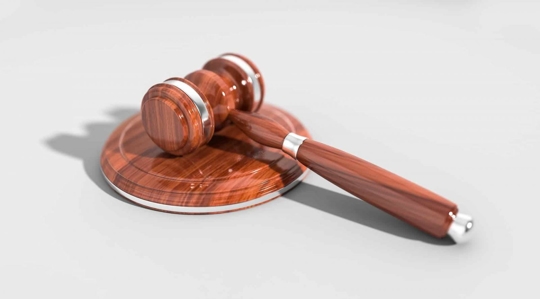Can a Child Sue a Parent for Back Child Support?
Child support is meant to act as financial support for the custodial parent raising the child. But, sometimes the non-custodial parent doesn’t pay all of the funds they are ordered to pay. As the years pass, those outstanding payments can add up and turn into back child support.
In some cases, the custodial parent or their child can sue the parent who owes the child support. There are a few different conditions to keep in mind in order to sue someone for back child support.
What is Back Child Support?
Back child support is the past-due court-ordered payments that a parent failed to pay on time. It is also called child support arrears. Typically, the non-custodial parent is required to pay child support until their child is considered an adult. Any unpaid child support owed to the custodial parent before that time is back child support.
The age at which a child is no longer considered an adult varies from state to state. It is usually between 18 and 21, or when the child finishes high school. Procedures for handling back child support also vary across state lines. For example, some states have a statute of limitations for back child support. The amount of time for the statute of limitations is different between states. It’s best to contact a local law firm to learn about any limitations on child support in your particular state of residence.
Can I Sue My Father or Mother for Back Child Support?
If there are unpaid back child support payments, the custodial parent who was awarded support usually has the right to collect on those payments. This is generally the case even after the child is considered a legal adult. The custodial parent will need to file a court order to collect the outstanding payments, and they will have to meet any legal requirements to be eligible for those payments, including filing within the statute of limitations.
Even if the non-custodial parent does not have the necessary money for the payments, the court order ensures that the debtor will pay once they earn the money in the future. Some states also pay back child support up-front, and then pursue that the debt is repaid.
There is one circumstance where a child can sue a parent for back child support. The child must be a court-appointed representative of his or her custodial parent’s estate. This can be the case if the custodial parent passes away and wills their estate to their child. If a child is not a representative of the parent’s estate, they are not able to sue the non-custodial parent for back child support.
If the child is not a court-appointed representative of their parent’s estate, they will not be able to personally sue for back child support. In some states, any payments that are made directly to an adult child is considered a gift and does not count toward back child support payments.
Things to Keep in Mind When Suing a Parent for Back Child Support
If a custodial parent intends to sue the other parent for back child support, or the child who is a representative of their parent’s estate sues, there are some steps that must be taken. First, there needs to be a previous court-ordered judgement for child support payments, and there must be outstanding payments.
The court order for child support needs to be in place before the child becomes an adult or is emancipated. Plus, paternity needs to be established before the child reaches adulthood. Because of the statute of limitations that exist in some states, it is best to file a case for back child support sooner rather than later.
If you intend to file a lawsuit against a non-custodial parent that is in arrears on child support, it’s best to seek legal help from a professional firm. A family law attorney will be able to prepare your case so you have the best chance at getting the payments you are owed.


